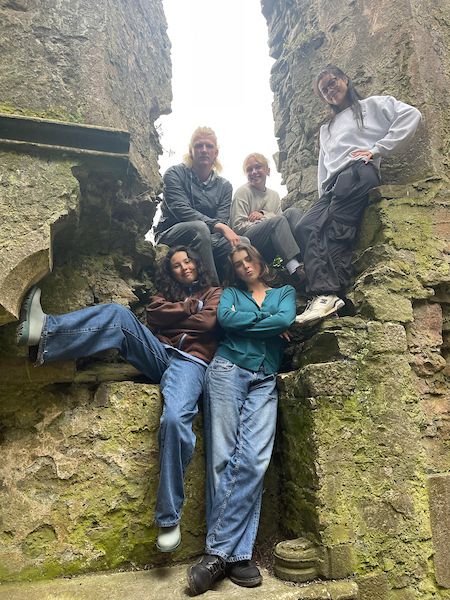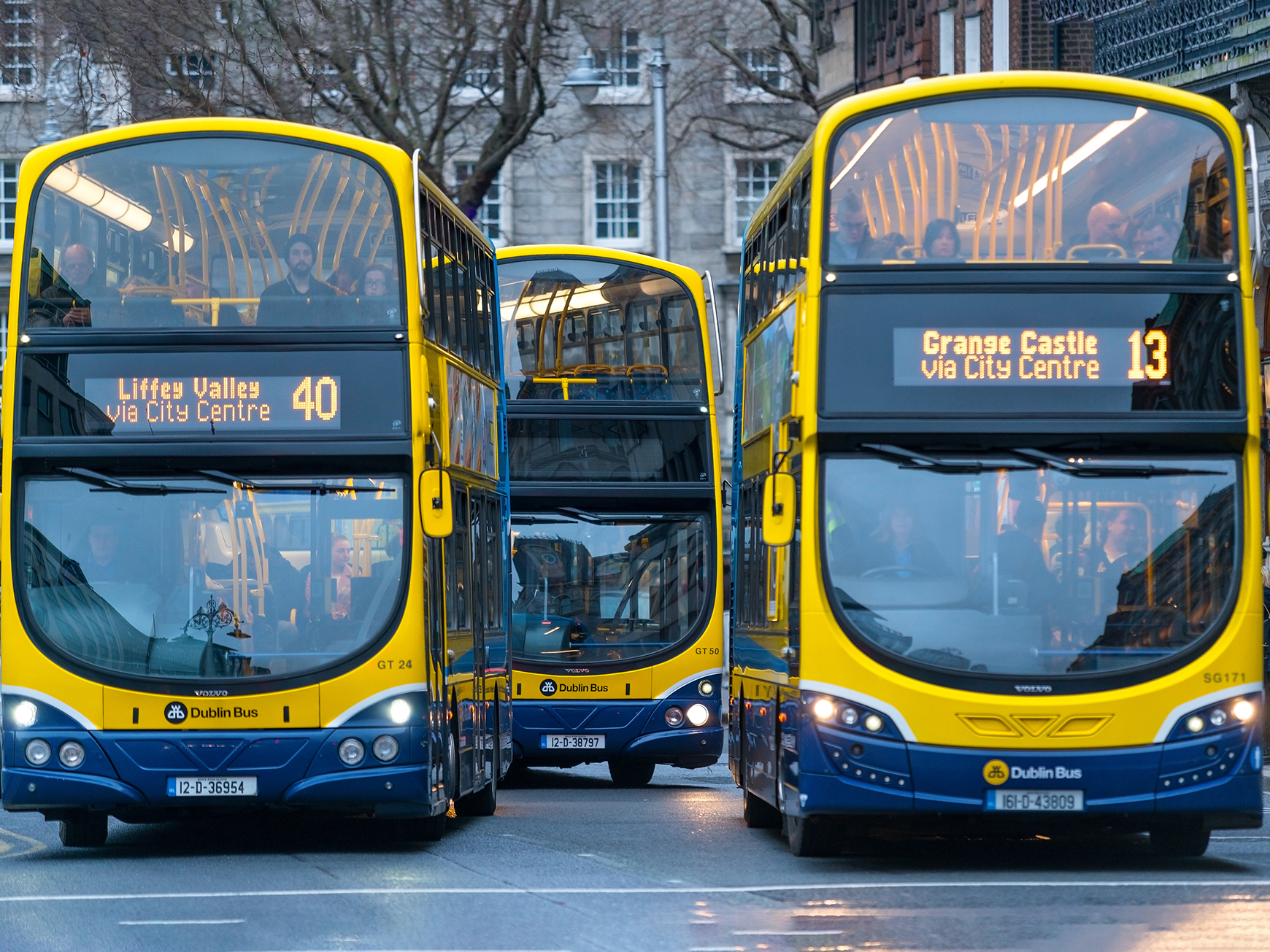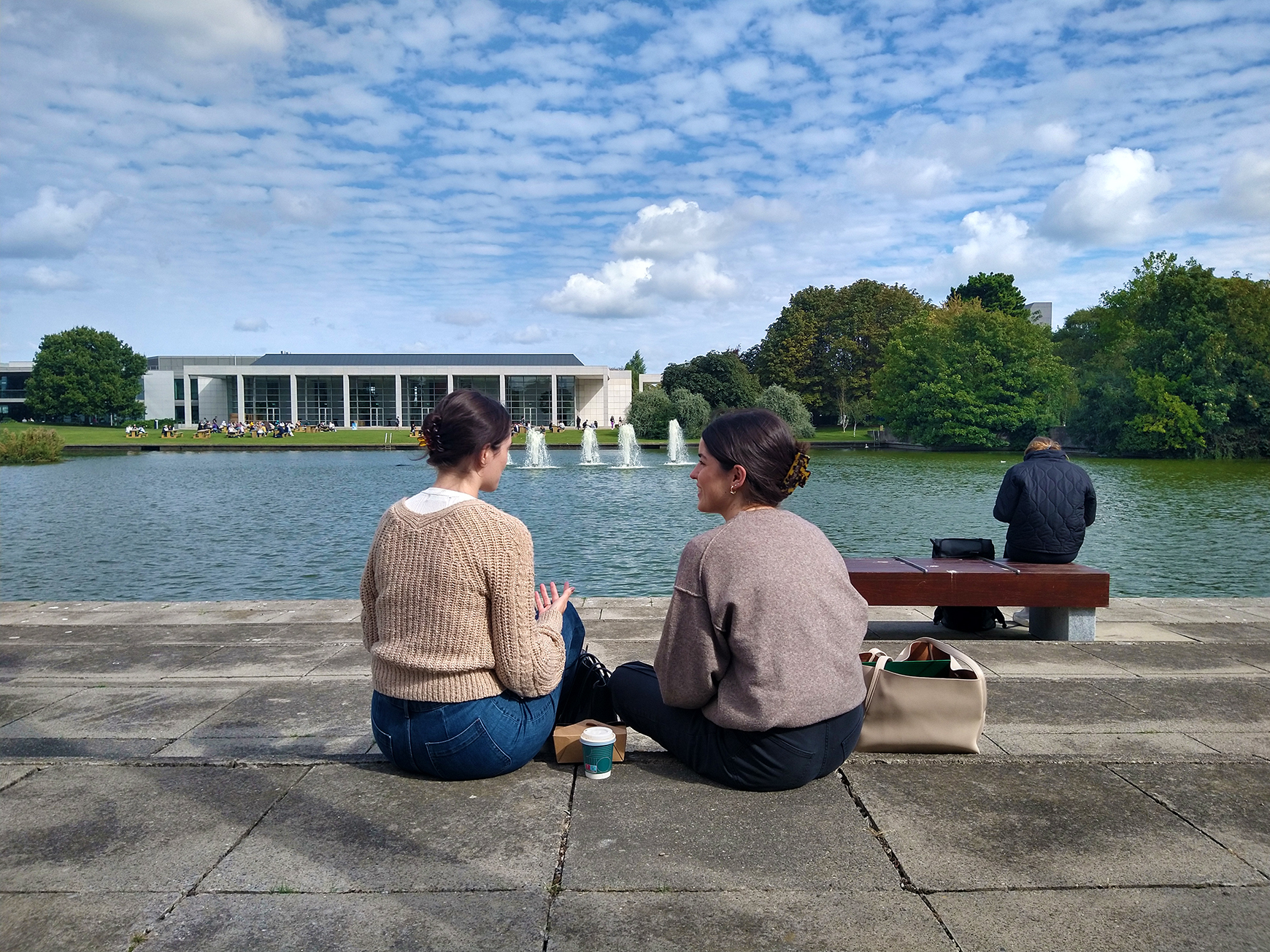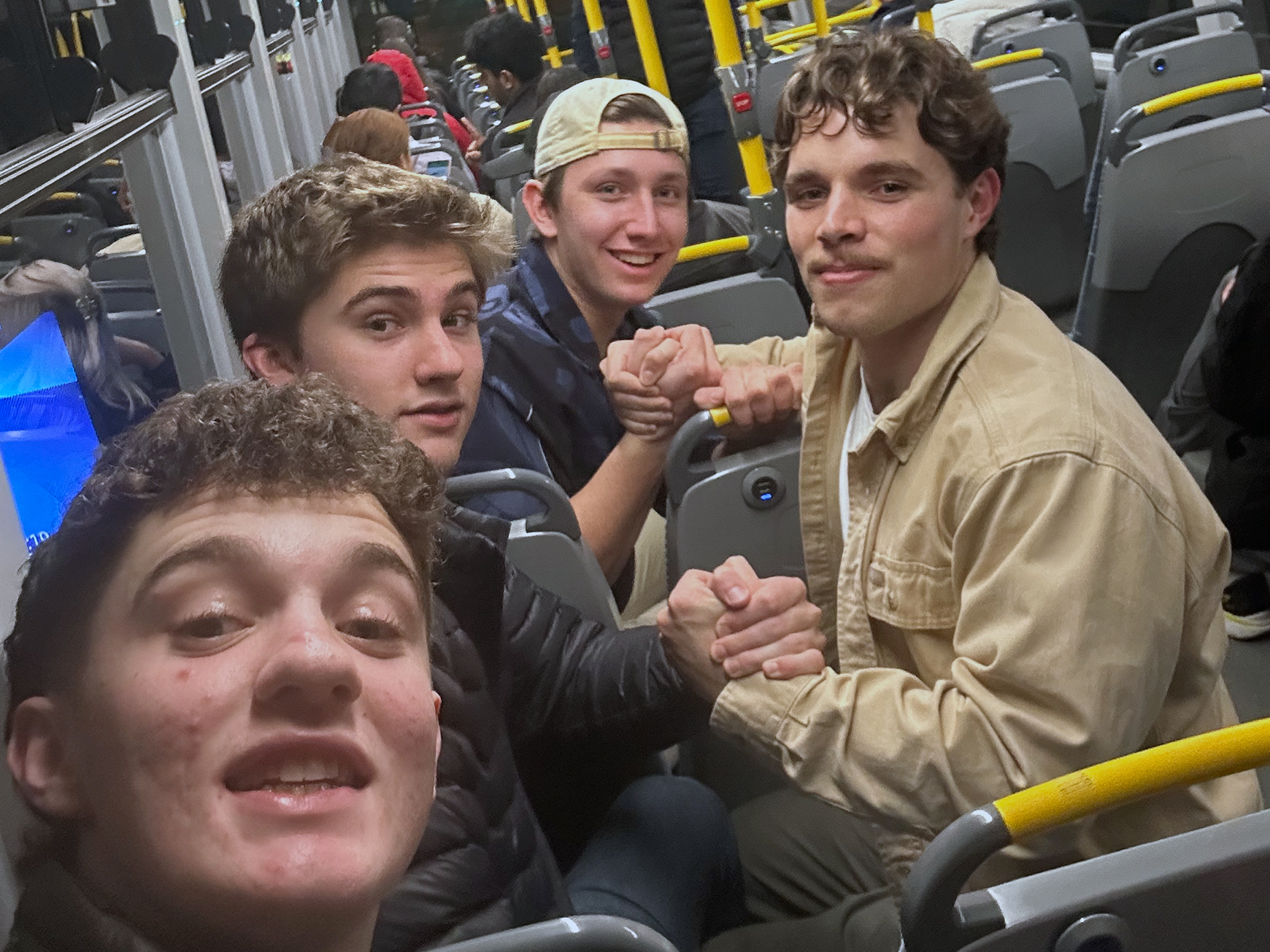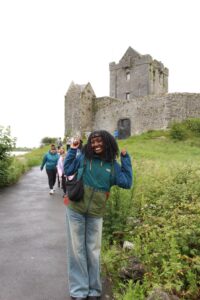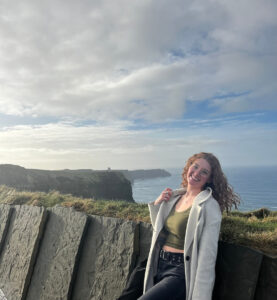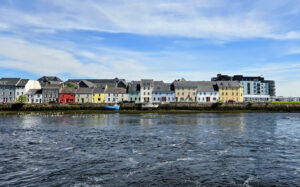Dublin, Ireland
IFSA Summer in Dublin
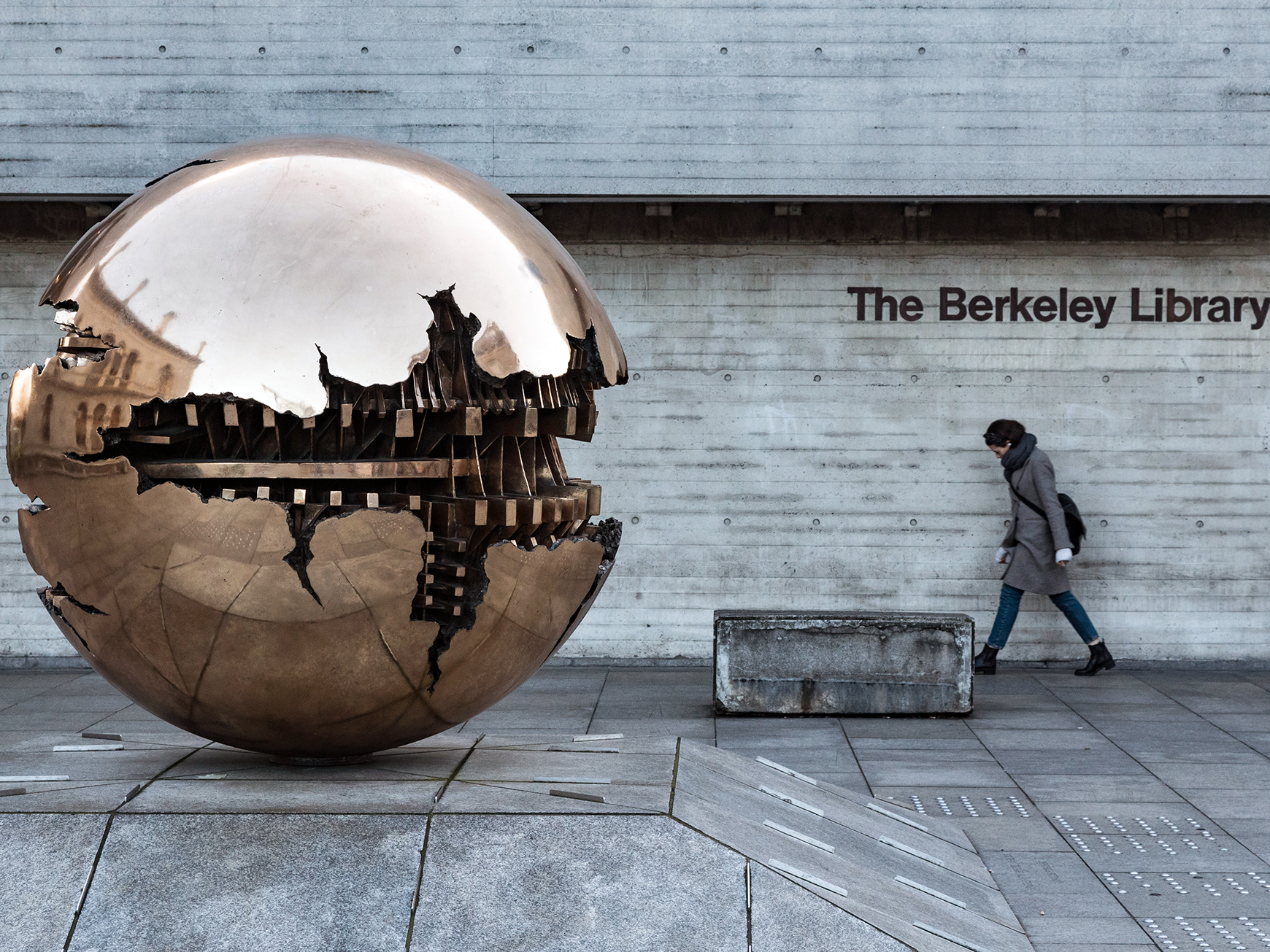

Program Overview
DESIGN THE ULTIMATE IRISH EXPERIENCE IN THE VIBRANT CAPITAL CITY
Looking for the ideal time to explore lively Dublin? This is it! And with topics that include sustainability, psychology, civil rights, literature, and more, this program gives you the flexibility to explore Irish culture through a lens that fascinates you.
Take advantage of opportunities to get to know the city’s traditions and history, and explore icons such as Dublin Castle, Trinity College, and the Ring of Kerry in ways that tourists miss—all included in your program fee.
This is an exclusive IFSA-Designed Program. Learn more about these affordable programs.
Details at a Glance
Application deadline
Minimum GPA
2.00
Credit load
3–12
Housing
Apartment/Flat, Single Room Option
Instruction language
English
Language prerequisites
None
Visa required?
Not in most cases. Learn more.
Academics
This program offers two six-week sessions with classes Monday through Thursday.Students take one or two classes per session, for up to 6 credits. Enroll in Session 1 or Session 2, or enroll in both sessions for a complete 12-week experience.
Choose from unique classes that highlight Irish history and culture, not typically available at Dublin universities.
Session 1
Sustainability and Energy Production
This course explores the technical, environmental, and economic dimensions of energy production in the context of sustainability. Students will analyze various energy systems—including fossil fuels, renewables, and transitional technologies—through life cycle assessment and policy frameworks. The course challenges students to evaluate trade-offs and design energy strategies that support sustainable development goals. Applied research and scenario planning are used to develop practical energy solutions (3 U.S. semester credit hours).
Business and Engineering
This course examines the intersection of engineering principles and business strategy. Students will apply systems thinking to real-world business challenges involving product design, operations, and supply chain management. Emphasis is placed on analyzing technical feasibility, evaluating cost structures, and designing scalable solutions within a business context. Case studies and collaborative projects enable students to develop and communicate integrated engineering-business approaches (3 U.S. semester credit hours).
Civil Rights in Ireland
Through guest speakers, community engagement, and site visits, this course explores the history, development, and impact of civil rights movements in Ireland, with a focus on both the Republic of Ireland and Northern Ireland. Students will examine key events, figures, and legislation that have shaped civil rights in Ireland, the interrelation with other international movements for civil rights, and analyze the ongoing challenges and advancements in this field (3 U.S. semester credit hours).
Digital Marketing and E-commerce
This course introduces students to the fundamentals of digital marketing and e-commerce, covering topics from digital strategy and analytics to consumer behavior and online business models. Students will explore key areas like search engine optimization (SEO), content marketing, social media, email marketing, online advertising, and conversion optimization. Practical assignments and case studies will deepen understanding of how digital strategies are applied to achieve business goals in today’s digital economy. Through case studies and hands-on projects, students will gain the skills needed to create and implement effective digital marketing strategies and analyze their impact. (3 U.S. semester credits)
Session 2
Business and Technology
This course examines how businesses leverage technology to achieve strategic success, focusing on Ireland’s position as a global technology hub. Students will explore frameworks for competitive advantage, digital transformation, and organizational integration, alongside topics such as business intelligence, data analytics, supply chain management, and customer relationship management. Through case studies and experiential learning in Ireland, the course emphasizes practical applications of technology in business contexts and critical evaluation of innovation ecosystems. By the end of the course, students will be able to analyze technology-driven strategies, apply insights to real-world challenges, and understand Ireland’s role in shaping global business trends. (3 U.S. semester credits)
Understanding Modern Ireland
From the echoes of revolution to the rhythms of contemporary life, this course invites students to explore Ireland as a nation continually in dialogue with its past, its people, and the wider world. Understanding Modern Ireland traces the country’s evolution from colonial subject to global cultural force—examining how history, politics, language, migration, and the arts shape Irish identity today. Through interdisciplinary lenses spanning literature, media, economics, and social movements, students will critically engage with the tensions between tradition and modernity, rural roots and urban futures, local belonging and global citizenship. By weaving together voices from Yeats to Rooney, de Valera to Varadkar, and the Easter Rising to the European Union, students will not only study Ireland’s transformation but reflect on the meanings of resilience, identity, and renewal in a modern nation-state. (3 U.S. semester credits)
Urban Planning
This course introduces students to the principles and practices of urban planning, with a focus on sustainable development, spatial design, and policy frameworks shaping contemporary cities. Students will explore the historical evolution of urban planning, key theories, and the challenges posed by rapid urbanization, climate change, and social equity. Special attention will be given to European and Irish contexts, examining how planning strategies respond to cultural heritage, environmental constraints, and economic development goals. Through lectures, case studies, and field-based learning, students will analyze real-world planning issues and develop critical thinking skills to propose innovative solutions. (3 U.S. semester credits)
Green Energy and Engineering
In a century defined by climate urgency and innovation, Green Energy and Engineering explores the science, systems, and imagination driving humanity’s transition to sustainable power. Students will study the engineering principles behind renewable technologies such as solar, wind, hydro, geothermal, and bioenergy, while assessing their environmental, social, and economic impacts. (3 U.S. semester credits) The course balances the technical with the visionary. Students will learn not only how clean energy works, but what it means for the future of communities, industries, and the planet itself. Through case studies, applied projects, and systems modeling, they will evaluate real-world energy challenges and design solutions that unite efficiency with ethics, innovation with equity.
APPLICATION REQUIREMENTS
Eligibility
- You must be at least 18 years of age. Students under 18 may be accepted on a case-by-case basis.
- You must be currently attending or recently graduated from a U.S. or Canadian community college, technical college, two-year college, four-year college, or four-year university.
- You must have completed at least one (1) full-time semester of study at your home institution before the beginning of the term.
Recommendation Letter
Not required.
TRANSCRIPT
Upon completion of your program, IFSA will send an official Butler University transcript to your home university with your coursework converted to the U.S. semester credit hour system. You will also have access to an unofficial transcript in your IFSA Student Portal. The transcript reflects classes taken, credits attempted, and grades earned during your term abroad. This service is included in your study abroad program at no additional cost. See our Transcripts page for more information.
Excursions
Activities and excursions are designed to pull you into the communities you visit and encourage cultural connections of every kind. There’s no extra fee to participate in these optional outings—everything is included in your program fee.
Below is a selection of activities and excursions from previous sessions; options may vary for your program. We cannot guarantee specific activities or excursions will be available for your session or program.
Cultural Activities:
- Traditional Irish Music. Experience live folk music in a cozy Dublin pub.
- Trinity College and the Book of Kells. Explore a historic university, home of Ireland’s most famous manuscript.
- Literary Walking Tour. Follow in the footsteps of James Joyce, Oscar Wilde, and other literary greats.
- Phoenix Park Picnic and Bike Ride. Explore one of Europe’s largest enclosed parks.
- Dublin Castle and Chester Beatty Library. Dive into Irish history and global art collections.
- IFSA Game Night or Pub Quiz. Join friendly competition and share laughs with new friends.
Excursions:
Your program will include one of the following:
- Malahide Castle and Gardens. A picturesque castle near the coast.
- Cliffs of Moher and Galway Bay. Iconic cliffs and charming west coast towns.
- Kilkenny Castle and Medieval Mile. A charming town with fascinating history and artisan shops.
- Glendalough and Wicklow Mountains. Scenic hikes and monastic ruins in what’s known as the Garden of Ireland.
- Belfast and Giant’s Causeway. Political history, Titanic Museum, and natural wonders in Northern Island.
- Ring of Kerry. One of Ireland’s most scenic drives.
- Galway and Aran Islands. Scenic west coast, Irish traditions, island life.
Housing and Meals
Housing
Apartment/Flat, Single Room OptionMeals
Self-CateringDetails
Students live in furnished apartments (flats), selected by IFSA, with IFSA students as flatmates.
- Living space: Each flat contains single bedrooms, each with its own private bathroom.
- Bedrooms include a bed, desk, chair, wardrobe, and light for each student.
- Comfortable space to cook, eat, socialize, and study either in your flat or in convenient common areas.
- Linens, except for towels, are typically provided.
- Meals: There is no meal plan. Students purchase their own meals or cook in shared kitchen spaces (most are fully equipped; if not, kitchenware is easy to purchase nearby). Flatmates say cooking and eating together is a fun, social part of their day.
- Commute: Varies. Expect a 30-minute walk or 15-minute bus ride to the city center and most activities.
Sample Housing
Explore Highlight Thomas Street, one housing option, to see what your Dublin home might be like:
- Location: The Liberties neighborhood in Dublin 8, one of the city’s most historic and vibrant neighborhoods. Steps from the Guinness Storehouse, Dublin Castle, and St. Patrick’s Cathedral, this area blends centuries-old charm with modern conveniences. There’s a supermarket and pharmacy around the corner.
- Commute: A 20- to 25-minute walk to IFSA classes. Bus transport is also an option.
- Single rooms: Rooms are available in shared apartments with private en-suite bathrooms. Each room includes a double bed, desk, chair, wardrobe, and ample storage. Shared kitchens are fully equipped with modern appliances. All utilities included, including Wi-Fi and contents insurance.
- Meals: No meal plan. Students prepare meals in shared kitchens or purchase meals onsite or nearby.
- Other details: 24/7 security, CCTV, secure door entry, on-site staff, laundry facilities, bike storage, a vibrant student community
- Nearby: Weaver Park and St. Patrick’s Park. Jervis Shopping Centre. Artisan cafés, vintage shops, and galleries. National College of Art and Design (2-minute walk). Trinity College (25-minute walk).
Dates and Fees
Get Started

Sean Campbell
Student Engagement Manager
